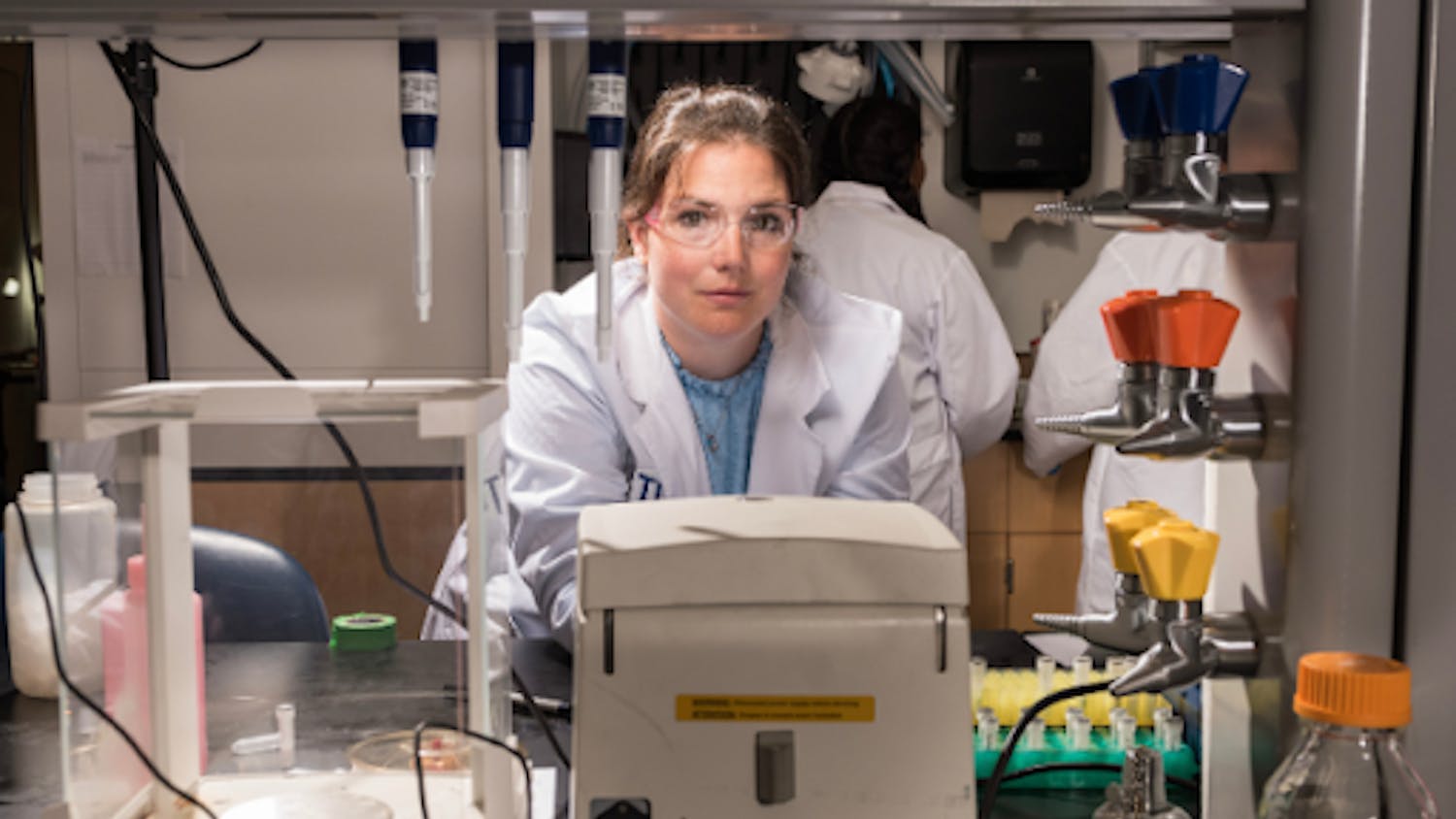Simple communication can put a violent city on the right track, according to David Kennedy, criminal justice professor and director of the Center for Crime Prevention and Control at John Jay College.
Kennedy lectured in the College’s Library Auditorium on Tuesday, March 27.
Celia Chazelle, department chair and professor of history at the College, briefly introduced Kennedy and his new book, “Don’t Shoot: One Man, A Street Fellowship, and the End of Violence in Inner-City America.”
Kennedy was first inspired to take action against inner-city violence after experiencing the crime in Nickerson Gardens, Los Angeles. “I have never been so scared in my life, before or since,” Kennedy read aloud from his book.
After traveling across the U.S. to numerous cities, he shared his experiences, many of which were shocking. On his latest trip to Kalamazoo, M.I., he explained how three pastors who served as his guides saw their city affected by gang violence. To them, he said, “Corners are not just corners. They are where my brother got shot.” While having conversations with people in the city, Kennedy was stricken that “people can’t even remember their own dead.”
In order to change the atmosphere in inner-cities, Kennedy works with various communities of the neighborhood — gang members, officers and officials and the other citizens affected by the crime. He ventures from city to city bringing these three very different groups together, in hopes of putting an end to inner-city violence. For one hour, these three communities are brought together in a room to talk, share stories and change opinions. The reason this works, Kennedy said, is because “everybody involved wants what’s going on to stop.”
“Communication is the answer. It’s so simple,” said Jessica Lee, freshman biology major, following the lecture. “They just need to talk.”
In 1994, Kennedy worked with the Boston authorities to hold these open hour-long sessions in their own city. It became known as Operation Ceasefire, as crime was greatly reduced. “Youth homicide went down two-thirds. Homicides across the city went down 50 percent,” he said. Once seeing the successful results in Boston, he continued helping other cities change to become more peaceful places.
The results of these sessions have proven to be quite effective, according to Kennedy, and are therefore being implemented throughout the country.
Following the lecture, Kennedy held a book signing for the attendees.






